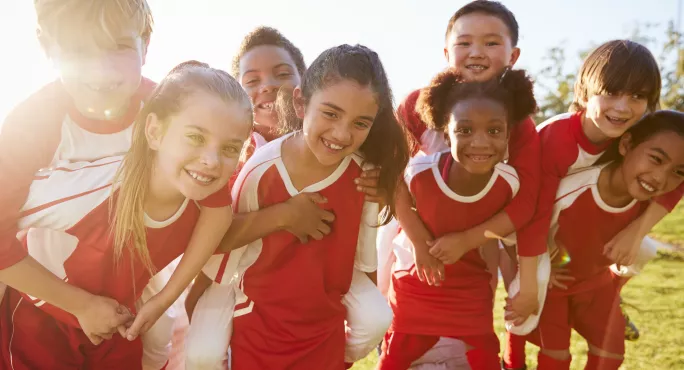Education secretary Gavin Williamson has confirmed that primary schools will continue to receive the £320 million PE and Sport Premium during the next academic year.
The grant, worth an average of around £18,000 per school, helps schools to engage pupils in regular physical activity, including swimming lessons and running the “The Daily Mile”, while increasing the confidence and skills of staff in teaching PE and sport.
Mr Williamson, who last week in the House of Commons declined to comment on whether the grant would continue, said today: “During these challenging times, it has become clearer to me than ever the importance of keeping active and how it benefits not just our physical health but also our ability to pay attention, our mood and our mental health, too.
Coronavirus: School sports days to take place at home
Learn to learn: Why exercise is crucial to learning
Research: Most parents value pupil wellbeing above exam results
“I know that many children will have missed time spent outdoors with their friends - that’s why it’s so important that ahead of a full return to school in September, schools get the certainty they need to prepare their PE and sports activities for next year.”
Coronavirus: PE funding ‘will have a significant impact’
The Department for Education also said that any PE and Sport Premium funding from the current academic year (2019-20) that schools have been unable to use as a result of the coronavirus pandemic can be brought forward to use in the next academic year.
Tim Hollingsworth, chief executive of Sport England, said: “It’s never been more needed, given the massive disruption to children’s activity levels during lockdown, with our research showing that the number of children meeting the chief medical officer’s [exercise] guidelines has dropped from almost 47 per cent to 19 per cent.”
The ring-fenced grant, for English primary schools, which was doubled in 2017, also helps schools to pay for a broader range of sports and activities offered as well as the increased participation in competitive sport. It is also being used support SEND pupils to “build physical literacy” in things like tying their own shoelaces and holding a knife and fork.
Sue Wilkinson MBE, chief executive of the Association for Physical Education, said the investment would have “a significant impact on teachers’ confidence and competence” in delivering PE lessons.
Children’ charity the Youth Sport Trust, which works with thousands of schools to improve young pupils’ wellbeing through sport and PE, said the money played an essential role in young people’s recovery after lockdown.




